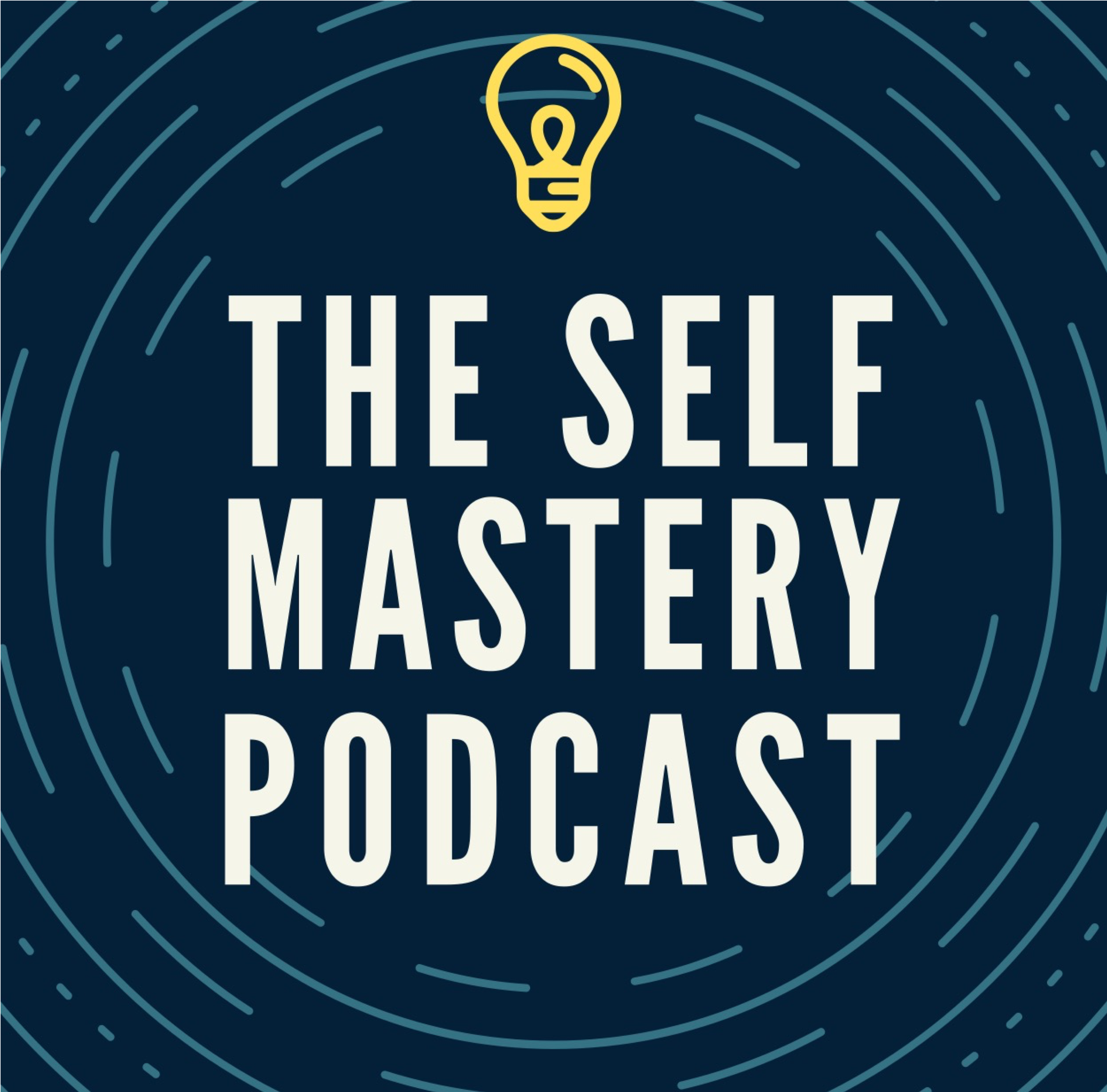Boundaries in overcoming Pornography, how to set them
This podcast is for pornography users and their spouses.
Today we are going to talk about boundaries, and specifically, what they are, what they aren’t and how to set boundaries that you can be happy with so you can move forward into having the relationships you want to have with the people around you.
This is really for you couples who are dealing with pornography and are looking to create boundaries that will help you grow and improve your relationship, rather than separate and divide your relationship.
In discussing this I recognize that it is not always the man who uses pornography and not always the woman who needs to set the boundaries but I am going to probably stick to those lines for the sake of simplicity in this discussion.
But know that I understand that, even though I will talk about husbands or men as the pornography user and wives or women as the boundary setter.
Also, you can use this to set boundaries in any part of your life, not just with someone using pornography. If you need to set a boundary with your mother-in-law that she calls before she comes over, these principles apply. Just discussing it specifically in relation to pornography because I want to give you tools to help you in that struggle.
I’m also going to note here that boundaries are a key component of any healthy relationship. So if you think, “I can’t set a boundary around this issue because that is going to cause my marriage to break up” or some other very difficult or unpleasant consequence is going to happen, you may be right.
You have to be willing to set boundaries knowing that there may be unpleasant consequences and this may create a rupture that could be difficult to repair.
When you set boundaries, you’re are choosing between feeling unhappy because you don’t have a boundary, which could be a long-term situation where someone walks all over you and setting a boundary that you have to maintain, which may cause some short-term unpleasantness through difficult interactions with the person who may not want to respect that boundary in the beginning.
What is a boundary?
Effectively, a boundary is a line in the sand that you choose to say, this line isn’t to be crossed.
We have boundaries everywhere in our lives and society. Your home has a boundary that you expect people not to cross.
For my father-in-law, his house boundary is not just the outside edge of his yard, but if you park on the street in front of his house, he will go out and ask you to move your car. That is his boundary.
Inherent in a boundary is the idea that, if you cross this line, I will do x.
In the case of a pornography user, in my case, my wife had a boundary that if I used pornography, she would not choose to be intimate with me until she was ready. That often meant that I had to wait until she initiated intimate contact, even holding hands or a kiss.
Some of you listening to this might be saying or thinking, That’s not fair, my wife can’t withhold her wifely duties from me. Or maybe you’re the wife and you think, I can’t not take care of my husband’s needs, then he will act out more.
Maybe.
That is for you to decide, because when you set boundaries you are setting them for yourself.
When you set a boundary, you are taking care of and protecting yourself.
So, if you are the wife thinking, “I have to take care of my husband’s needs and give him sex whenever he asks for it, even if he just used pornography” that may be ok with you.
But, if you feel like you are being used, or manipulated, or are resentful as you do this, then I think it is time to set a boundary.
Because you are not protecting yourself and as a result you are doing something that creates bad feelings rather than build up the relationship.
So, you need to be really clear about what your boundary is.
Most of us have a boundary that we will not allow anyone to hit us. That is pretty typical. Or we won’t tolerate someone yelling at us. That is a pretty clear, unspoken boundary.
We usually don’t have to tell people about those.
What we are talking about is boundaries that maybe someone has crossed and as a result it is time for you to be really clear, at least in your own mind, as to what you will tolerate and stand for in your own life.
This means that you need to be able to state them to others should you need to.
Usually we only need to say something about our boundaries when there has been a clear violation of our boundaries.
When it comes to pornography use within a marriage, a good example of this would be something along the lines of what I noted above.
Once I had used pornography, it was up to my wife to initiate our next intimate contact.
Setting clear boundaries as the boundary setter lets the other party know, this is what I will do if you choose to cross this boundary.
Now, these boundaries are both physical, in the sense that your body is your own and it is up to you how to share it with your partner, and they are also emotional.
If someone comes into your house that you don’t know and takes your stuff, the physical boundary of your home has been violated, but the thing that sticks with people longer is the emotional sense that they are not secure in their space.
The same thing happens when a husband views pornography. There is this emotional sense that maybe I’m not good enough for him or that I’m not the wife I need to be or I can’t meet his needs that needs to be processed.
what that means is, as the person who has set the boundary, you get to determine how you feel without the boundary crosser dictating that.
What that looks like in a lot of marriages where someone has looked at pornography is, one party saying, I love you, I will not tolerate pornography use in our marriage. If you choose to engage in pornography use, I will not be intimate with you for 1 week (or month or until I choose within that timeline).
You need to be clear, realistic and willing to do exactly what you say you will.
In the case of my father-in-law not wanting people to park in front of his house, that isn’t realistic and he can’t be clear with random people who come into the neighborhood. But he is willing to go and tell them to move if he sees them.
You have to set boundaries, especially in a marriage that meet all three because otherwise the boundary won’t hold up long term.
When you set boundaries you are making a really clear request with a really clear consequence.
I have one client that when his wife found out that he was using pornography she stopped being intimate with him. It has been over a year and he sees no end in sight.
Now you may say, ok her boundary is that if you ever look at pornography then we will live in a loveless marriage.
That may be exactly the right thing for you. But you also have to be willing to deal with the consequences of that.
I’m not saying that that boundary is wrong, but just an observer viewing this from the outside, that will likely end in divorce. So, you have to be willing to look down the road and see what may happen and be willing to deal with those consequences.
Also, make sure that you aren’t making yourself a victim of your own boundaries.
If I look at that situation and the wife is saying we will live in a loveless marriage, the husband may have a boundary that living in a loveless marriage is not acceptable and decide to leave. Now
What boundaries aren’t
Boundaries are not something that we can use to control others.
What I mean by that is, if you are trying to set a boundary in hopes that someone will stop a behavior, you will likely find yourself disappointed and frustrated.
My wife is a wonderful woman, whom I love and adore.
She also used to try and control me with sex.
It wasn’t always overt, and it wasn’t usually something that was designed to make me do something that I didn’t want to do.
In fact, it was the opposite.
She was trying to get me to not do something.
She was trying to keep me from looking at porn and I didn’t really want to look at porn. I wanted to stop.
It was always, in her mind, something she would do to “meet my needs”.
And I thought she was, by her actions, “meeting my needs.”
In her mind, my pornography problem was about controlling how often I needed to give in to my urges. If she could interrupt my urge by engaging with me sexually, then she was helping me. She thought she was helping control my choice to use pornography.
She would ask questions like, “How are you doing today?” in an effort to gauge where I was and if she “needed” to intervene by providing me with an outlet for the day.
What she was doing, in reality, was frustrating herself and rewarding my pleasure center for disconnected, isolating behavior.
Two main things were frustrating her.
First, was the fact that she could not, despite her best efforts, control my urges or when or how I acted on them.
Whenever we try to control others, we will always find ourselves frustrated. They will rebel, they will deceive, they will find a way around you. People are like water; they will go wherever their personal gravity takes them.
It is inevitable.
Second, and I think more importantly, when what each of us really wanted was intimacy in the deepest and most connected sense of the word she was creating resentment and I was creating disappointment
Control is antithetical to intimacy because inherent in intimacy is trust and control requires none.
She resented needing to look over my shoulder to make sure I was making good decisions.
I was disappointed that the intimacy that I wanted wasn’t available in a resentful spouse
Don’t get me wrong, when you and your spouse decide that pornography use is not ok in your household then both of you should take steps to create an environment where viewing pornography is difficult. I am also not condoning pornography use.
I am also saying, whether you are a man or a woman, making a decision to intercede in the urges of your spouse in an effort to control their actions is not going to work out in the long run.
Boundaries are not things that we do to control others.
Boundaries are markers that we set, consciously or unconsciously, that mark a moment if they are crossed that we will execute on a consequence.
Also, when someone crosses a boundary that is not an excuse for you to cross a boundary as well.
So let’s talk about some boundary examples.
Just to recap – boundaries are about you setting limits on what you are willing to tolerate
Boundaries are not about controlling others.
Boundaries are not about punishment.




